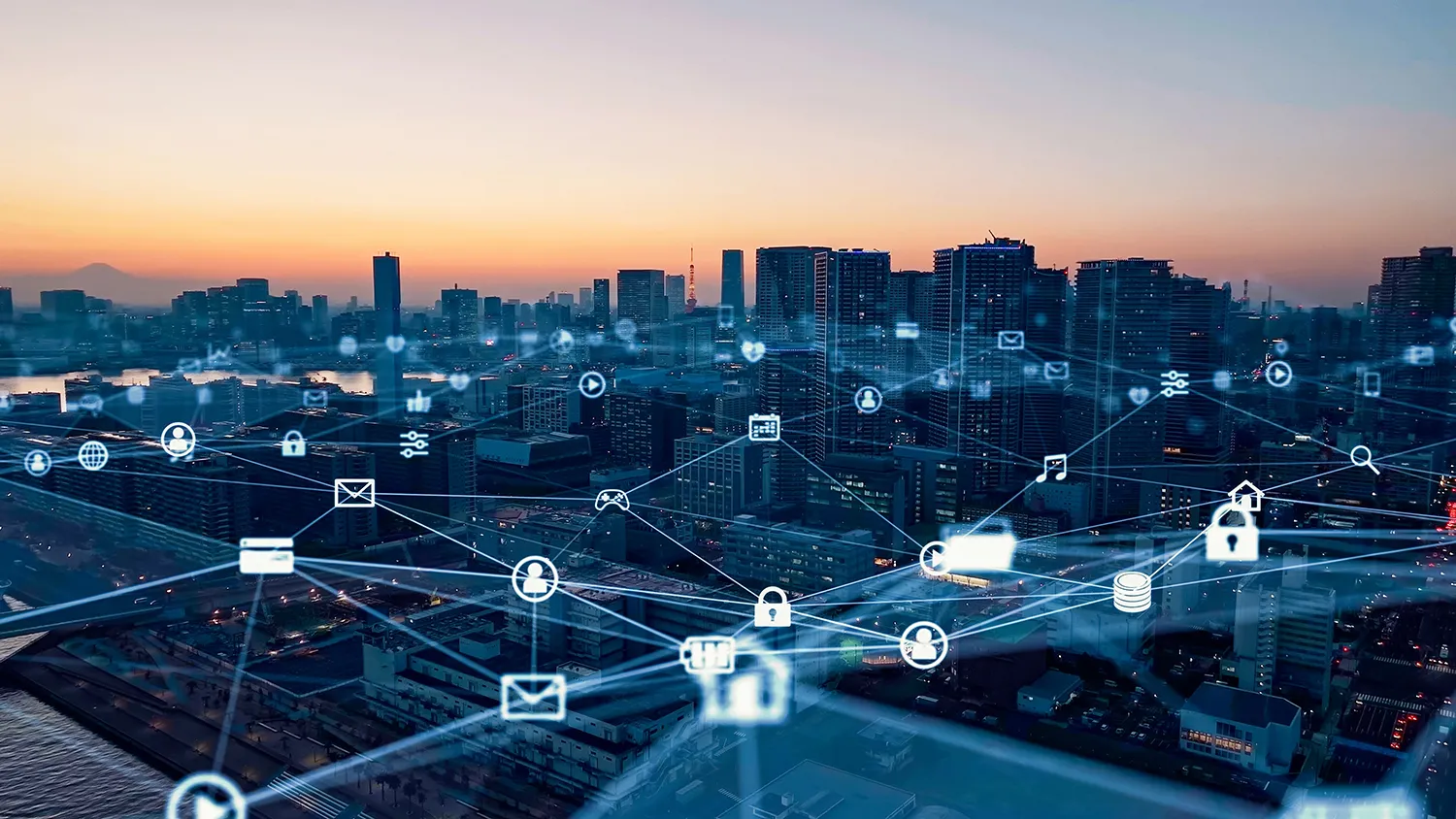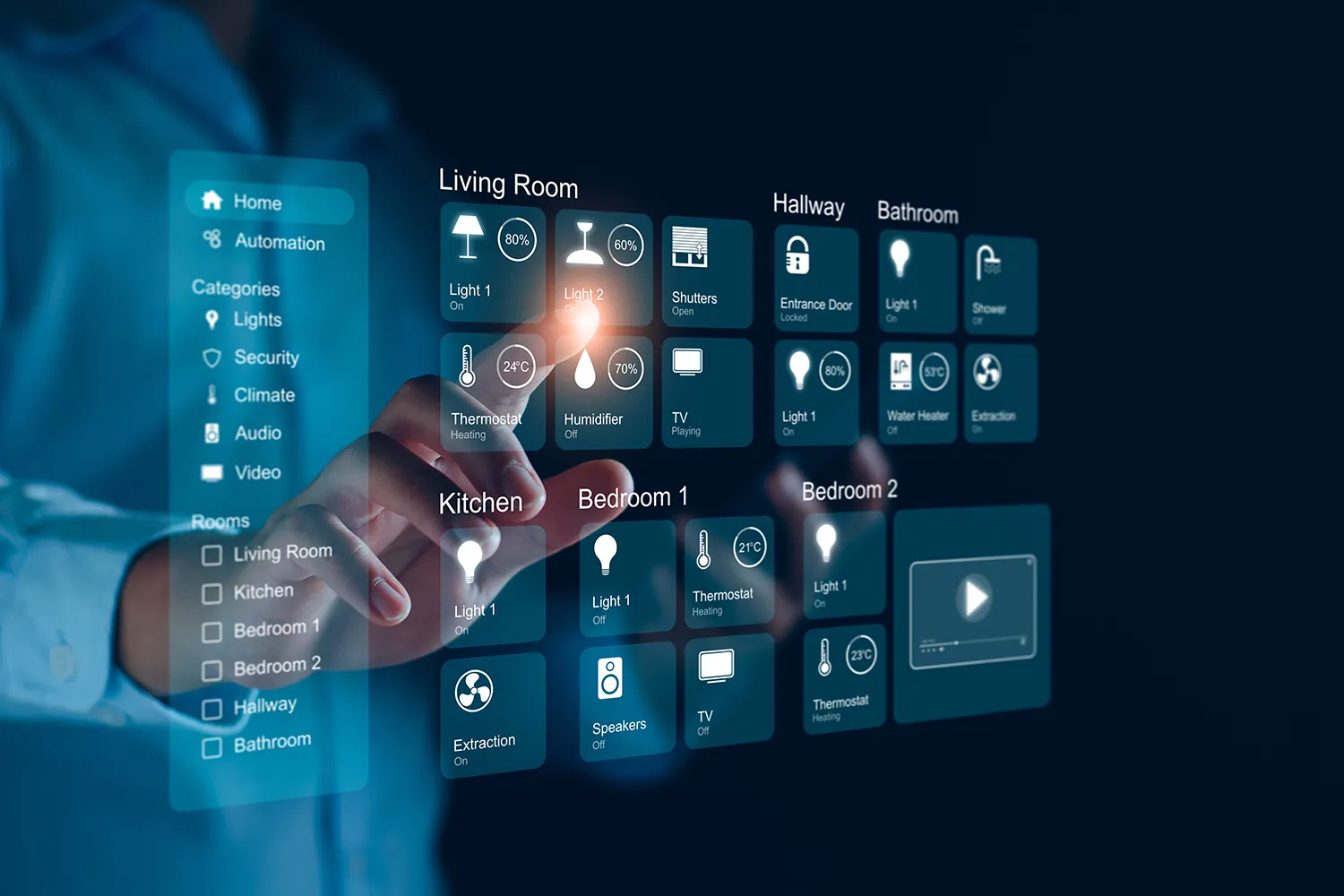Fairy Tale Becomes Reality: Russia’s Expanding IoT Landscape Shapes Smart Cities

As the IoT gains momentum in Russia, it is no longer about smart homes but about full-scale smart cities. The country’s cutting-edge solutions are saving resources and making urban life safer and more efficient.
The Power of a Thought: From Magic to Machine
Once the stuff of childhood fairy tales—where wizards controlled their homes with a mere thought—the smart home is now a lived reality. Today, Russian homes are filled with intelligent gadgets capable of performing daily tasks with minimal human intervention, all thanks to the Internet of Things (IoT).
IoT refers to a network of connected devices that communicate and operate autonomously. A simple example is smart bulbs controlled via smartphone, or automatically activated through ambient light sensors. Such mechanisms, once limited to households, now form the foundation for national smart infrastructure.
Smart Cities, Smarter Infrastructure
Russia’s IoT platforms are considered among the most advanced globally. No longer confined to homes, these systems now serve sectors like utilities, transportation, and energy. They underpin a nationwide effort to build integrated ecosystems of smart cities. Central to this effort are real-time monitoring systems that enable precise adjustments and early warnings, preventing failures in urban infrastructure.

The country’s IoT market grew to 181 billion rubles in 2024, up from 158 billion the year before. By mid-December, Russia had over 102.3 million active IoT devices, excluding wearables. Research from the IoT Association and Onside notes that vendors now offer not just connectivity, but comprehensive solutions tailored to complex tasks.
Platforms and Industrial Scale
Platforms like SmartUnity, developed by Intelvision, offer real-time oversight of citywide engineering networks. Its strength lies in device agnosticism—it integrates hardware from multiple vendors into one ecosystem. MTS, a telecom leader, has deployed a national NB-IoT network that enables low-power connectivity for sensors, meters, trackers, and more. This infrastructure covers areas home to 90% of potential Russian IoT users.
Industrial IoT adoption is particularly strong, growing by about 15% annually. Companies like Vega-Absolute provide tools to monitor equipment performance, temperature, pressure, humidity, gas exposure, and even personnel activity—ensuring both safety and efficiency in manufacturing environments.
Districts of the Future: Real-World Deployments
Russia's commitment to IoT is visible in projects dating back to 2018. In the Istra district of Moscow region, the country’s first digital power grid was launched. Operators can manage electrical networks remotely and in real time, while the system uses Big Data to predict and prevent faults through self-learning algorithms.

In Ufa, the ‘smart block’ concept has taken root in a central residential complex. There, high-tech solutions—security cameras, motion detectors, and smart meters—automate routine tasks. Residents benefit from remote management and resource optimization, reinforcing the idea that smart living is not just a luxury, but a standard.
Export Markets and Strategic Independence
Russian IoT products are increasingly popular in emerging economies undergoing rapid industrialization. Clients from the Global South—including Brazil, China, India, Malaysia, and South Africa—are buying solutions from firms like Kaspersky Lab. amoCRM operates in Latin America and South Africa, while ElectroNeek is active in India and Latin America.
Despite facing sanctions, Russia’s IoT industry has not only survived but strengthened. Engineers and developers responded with speed and resilience, building autonomous platforms that now rival global peers. Some of the most successful deployments in Russia today stem from these domestic solutions, offering capabilities that competitors in other countries are only beginning to explore.
Russia’s technical expertise, combined with its drive for digital independence, has enabled the country to become a serious player in global IoT. Far from falling behind, it has begun exporting a model that many are now eager to replicate.









































